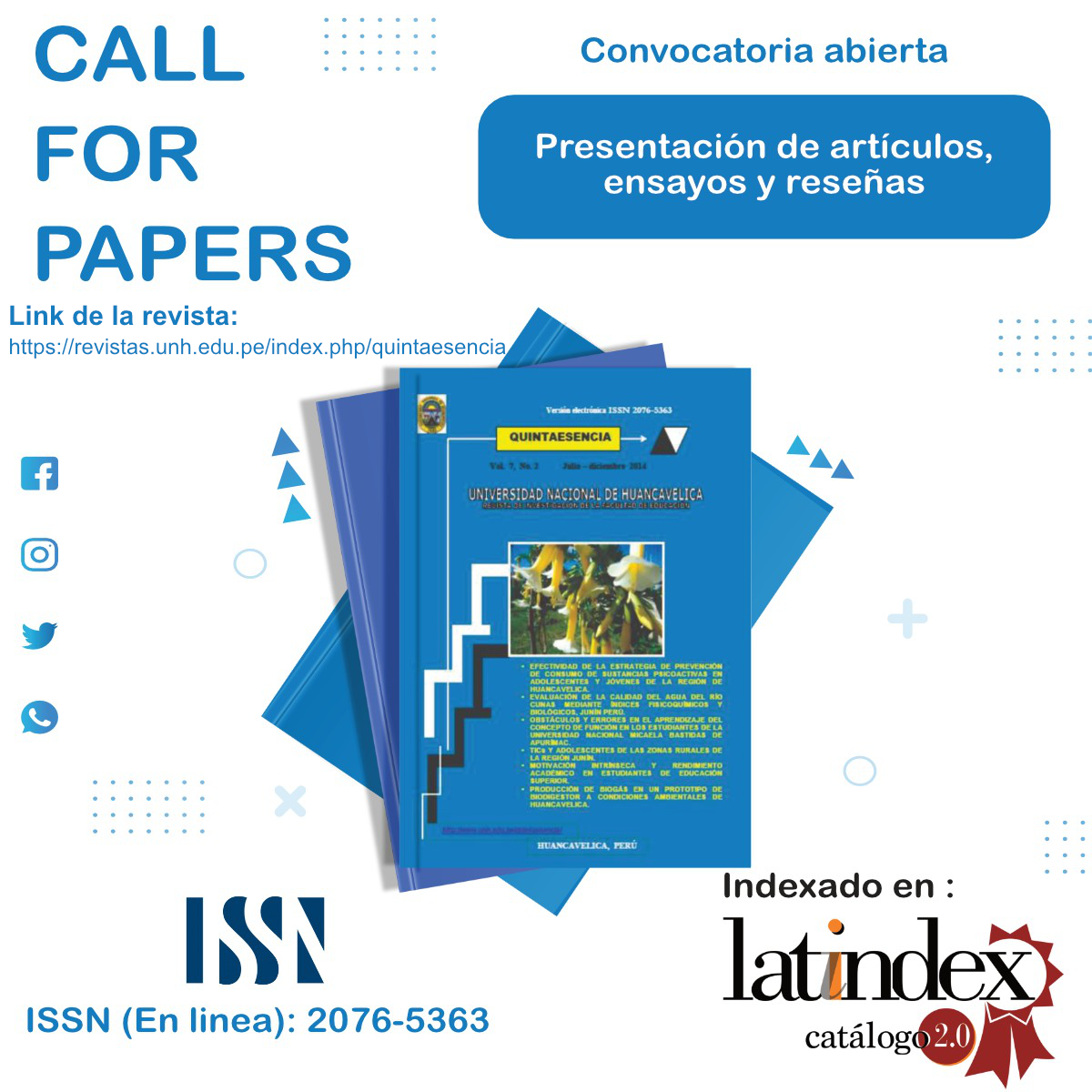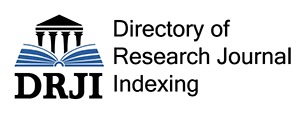Rehabilitation of mathematical thinking
DOI:
https://doi.org/10.54943/rq.v12i1.51Keywords:
Rehabilitation, Conceptions, Errors, Attitude, Mathematical ThinkingAbstract
The bipolar nature of young people's attitudes towards mathematics is common knowledge. It is the preferred subject for 30% of the population and detested by another 30% and the rest of the students consider it a necessary evil, difficult and boring (local and international statistics). We propose to put an end to the limiting paradigm that one must be born with the appropriate "genes" to develop a taste for mathematics. International studies(Boaler, 2015),confirm that the determining factor in the development of mathematical thinking is early and frequent exposure to an environment rich in stimuli, where curiosity is nurtured, experimentation is promoted, mistakes are used as a springboard to discovery, and perseverance is exercised to achieve meaningful learning. When a young person fails a test or exam and parents seek help parallel to the formal education system, this dilemma arises: Do we help him/her to pass? Do we teach him/her with the objective of passing? This is the option of many academies, institutes or private tutors who have had considerable financial success in their endeavors. Or do we try to rehabilitate his "mathematical thinking"? Do we provide him with an accumulation of stimuli so that he enjoys mathematics? Do we offer him an environment for him to display his curiosity, his hypotheses, his astonishment? Will this be enough for him to pass the dreaded evaluations? I propose that if we train him to jump over a level 3 obstacle, he will surely be able to face lower level ones. The proposal is to achieve an attitudinal change towards mathematics by showing the relevance, enjoyment and connection of mathematical thinking in making correct decisions in everyday life. This workshop describes how to face the reconstruction of meaning for 2nd grade high school contents in Ecuador by designing activities that achieve the necessary connection with relevant pre-existing aspects in their knowledge structure and motivate them to continue learning while enjoying the process.
Downloads
Published
How to Cite
-
Abstract358
-
PDF (Español (España))141
-
HTML (Español (España))15
Issue
Section
License
Copyright (c) 2022 Margarita Martínez Jara

This work is licensed under a Creative Commons Attribution 4.0 International License.













 DOI: 10.54943/rq.
DOI: 10.54943/rq.






